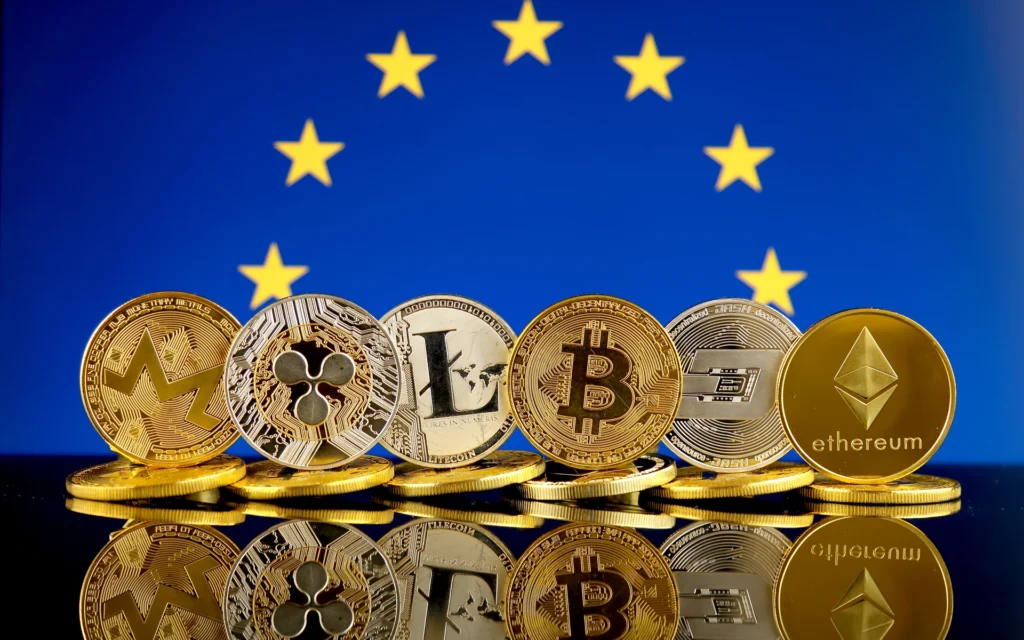The EU wants to restrict certain crypto payments

As part of new anti-money laundering laws, the EU wants to restrict certain crypto payments. Both private users and crypto exchanges could be affected by the measures. Above all, the authorities want to force more identifications in this way in order to be able to assign blockchain addresses to specific persons.
EU wants to restrict anonymous crypto payments
In November, information came out for the first time that suggested that the EU could try to ban privacy coins. The aim of this is to prevent money laundering and terrorist financing by making encrypted blockchains inaccessible.
The EU had already called for more surveillance of the crypto market in advance. The Transfer of Funds Regulation (TFR) is known , which wants to assign an identity to every crypto payment. This development has recently accelerated. Yesterday, two committees of the European Parliament voted in favor of revised anti-money laundering (AML) laws, CoinDesk reports.
The politicians want to declare transactions worth more than 1,000 euros (currently around 995 francs) illegal and thus actively prevent them, unless the identity of the user is known for sure.
Transactions above this value are only permitted if the receiving user has already been successfully identified. This requirement affects both private individuals and crypto exchanges themselves. Sending money with crypto over 1,000 euros is illegal even if the recipient is a crypto exchange that is not regulated in the EU.
At the same time, the requirement only affects funds withdrawn from crypto service providers. It does not apply to transactions between private end consumers. A check would not be possible anyway.
The upper limit of 1,000 euros is also exceeded if the funds are broken down into small transactions.
New AML measures against crypto uncertain for now
Whether the new legislation will actually come into force remains uncertain for the time being. So far, two competent committees vote in the EU Parliament. Among them, there were 99 votes in favor of the new regulations, eight against and nine abstentions.
The EU wants to establish the new law as part of increasing anti-money laundering regulations. The European Union recently set up a new agency specifically for this purpose, the Anti Money Laundering Authority (AMLA) .
In order for the law to be passed in full, the EU Parliament and the EU Council must also agree. So far this has not happened. In the course of this, there could also be further adjustments.
On April 19th, the European Parliament will make a final decision on a new law called Markets In Crypto Assets , also known as MiCA. It is a comprehensive regulation of the crypto industry.
MiCA could come into force as early as 2024. The crypto industry in the EU has repeatedly complained about the legal requirements that are made there and believes that the EU disqualifies itself as a location for the industry due to the resulting discrimination.




